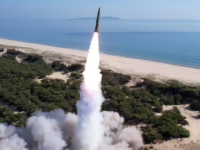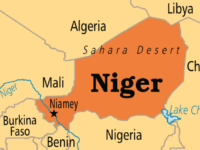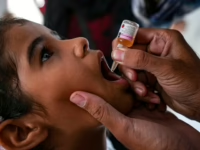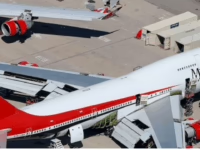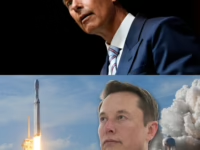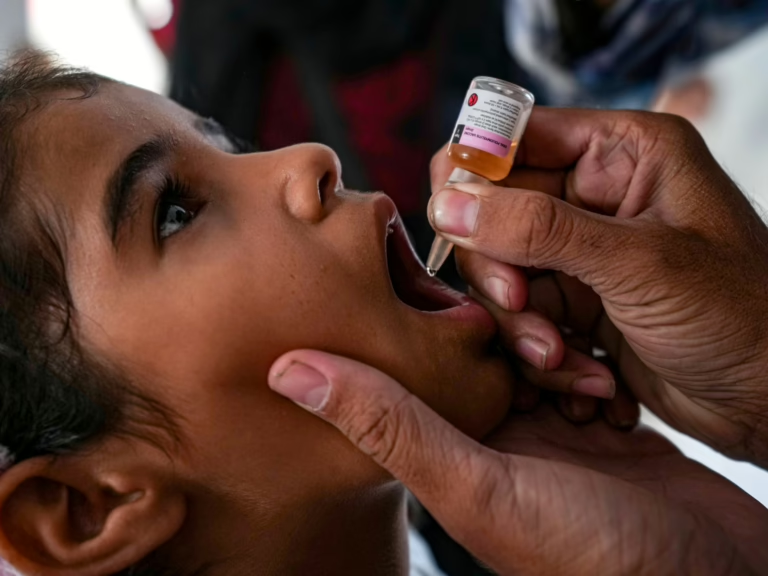WHO’s polio eradication chief warns that drastic funding cuts will halt key activities.
Published On 21 Oct 2025
The Global Polio Eradication Initiative (GPEI), a partnership that includes the World Health Organization (WHO) and the Bill & Melinda Gates Foundation, is confronting a severe financial shortfall. In 2026, its budget is expected to shrink by 30%, with an overall funding deficit of $1.7 billion projected through 2029, jeopardizing the global mission to eliminate polio.
“With these substantial funding cuts, some critical operations will inevitably be discontinued,” stated Jamal Ahmed, WHO’s polio eradication director, during a press briefing on Tuesday.
Experts attribute this funding gap primarily to a decline in international aid, notably from the United States, which has reduced its support to the WHO following the return of President Donald Trump to office. Similarly, other key contributors such as Germany and the United Kingdom have scaled back their donations.
Despite these challenges, Ahmed remains optimistic: “Eradication is still within reach. It requires unwavering dedication from all stakeholders to ensure every child is protected.”
To adapt, the GPEI intends to prioritize its efforts by focusing on surveillance and immunization campaigns in regions with the highest risk. The initiative will also integrate its activities with other public health programs, like those targeting measles, and implement innovative tactics such as fractional dosing-administering a fraction of the usual vaccine amount, which conserves supplies while maintaining immunity among children.
Additionally, the program plans to reduce its presence in areas with lower risk unless new outbreaks emerge.
For decades, the eradication of polio has been a cornerstone of global health objectives. Since the launch of widespread vaccination campaigns in 1988, the incidence of polio has plummeted dramatically. However, the virus remains entrenched in some regions. The initial goal to eradicate polio by the year 2000 was not met, partly due to the difficulty in detecting asymptomatic carriers who continue to spread the virus unnoticed.
In 2025, 36 cases of wild poliovirus have been documented in Afghanistan and Pakistan, the only two countries where polio remains endemic. These areas will continue to receive focused interventions under the GPEI’s revised strategy. Meanwhile, 149 cases of vaccine-derived poliovirus have been reported in countries including Nigeria.
Vaccine-derived polio arises when the weakened virus used in oral vaccines is excreted by immunized children, mutates, and circulates among unvaccinated populations. Despite this risk, health authorities emphasize that ongoing vaccination and vigilant monitoring are essential to ultimately eradicate the disease.
Encouragingly, both wild and vaccine-derived polio cases have decreased since 2024, signaling progress amid the funding challenges.




